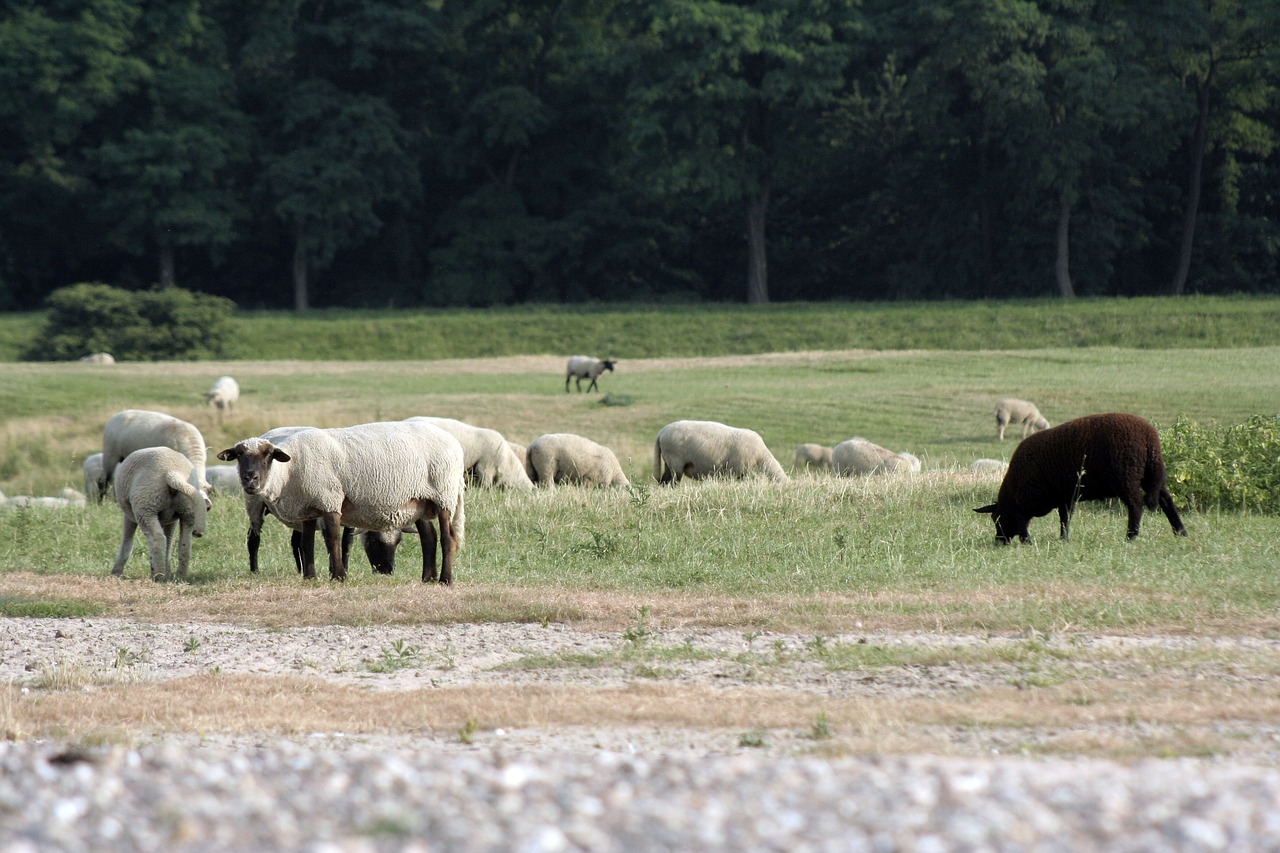Last month, I mentioned the work my uncle has been doing on his family tree. Since then, I’ve seen the fruit of his labours at my parents’ home – a very long roll of paper and two lever-arch files crammed full of documents, one for each of his parents’ families. It was a bit of a flying visit, so I didn’t spend long looking at it, but I did see a couple of interesting things. First, his father was Charles, his grandfather was Charles and his grandfather’s uncle was Charles. Evidently this was a family name that was important to pass down. My uncle (whose middle name is Charles!) has no children of his own, so the tradition ends with him. I wonder how those who promoted the tradition would feel about that. I remember my father telling me about his own parents’ outrage at his failure (in naming me) to keep the family tradition of ensuring that children’s initials should spell a word (mine are MPD which quite evidently don’t). The outrage subsided when he pointed out that it was hardly a tradition – since they had started it! Second, I was struck by how long the paper was – not because the tree covered a long period of history (although it did go back to about 1730), but because many of the earlier generations of the family had lots of children, and writing all their names just takes up lots of space! The paper was very wide rather than very long – it turns out that a family tree is more like a wide-spreading plane tree than a tall, thin redwood.
In the files, I briefly saw the order of service from my own grandfather’s funeral. He died when I was about 5, so I don’t really remember him. There was a very old birth certificate that caught my eye, too. I didn’t see whose it was – deciphering the copperplate handwriting was too much for me – but whilst it was clearly ancient, it was instantly recognisable – not dissimilar in colour and style to my own, from what I remember of it. (The Church of England lost my original birth certificate when they were processing my application to become a priest, so I will never be able to compare exactly. Never mind!) The next time I visit my parents, I will look in more detail to see whether my uncle filed the documents in any sensible order to make looking things up more straightforward.
What I didn’t see (and I didn’t ask about it) was any record of the mysterious man I mentioned last time – the great-uncle about whom the family never spoke. I suppose there are some things we all find embarrassing or difficult (rightly or wrongly), and truth and sadness are revealed in equal measure in the phrase, “You can choose your friends but not your family.” But we should not despair. In fact, we should not despair even if we are the awkward member of our families that others would like to disown. God could have chosen any family for Jesus, but he chose the one he did before the foundation of the world. Jesus was born into the family line of Abraham, who gave his wife to another man just so he could save his life; of Judah, who sold his brother into slavery and visited a prostitute; of Rahab, a prostitute who betrayed her own people; of Ruth, a refugee from a hated nation; of David, who abused his kingly power by committing adultery and having his lover’s husband murdered; and of Mary, whose own protestations of virginity would have been roundly dismissed. Jesus’ family tree makes for interesting reading, yet he came alongside the shamed with reconciling love. As I wonder why my ancestors distanced themselves from their kin, I thank God that he has drawn near.
May you know God loves you whatever lies hidden in your past.
